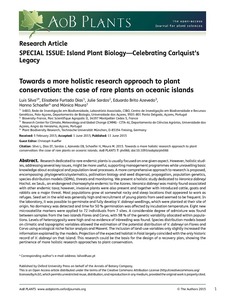The role of informal institutions in the use of forest resources in Latin America
This study adopts an institutional approach to analyze the way in which informal rules, in their interaction with formal rules, shape the use of forest resources by diverse types of smallholders and communities (i.e., indigenous people, agro-extractive and traditional communities) in Latin America. Attention is given to understanding the ‘working rules’, comprising both formal and informal rules, that individuals use in making their decisions for land and forest resources access and use, which in turn affect benefits generation and distribution from such resources use.


